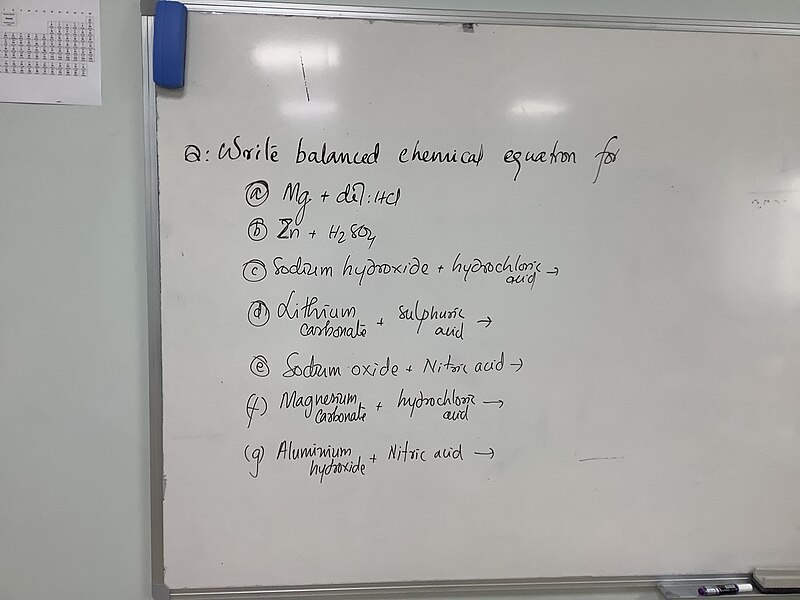A recent White House initiative titled “Public Listening Sessions on Scientific Integrity and Evidence-Based Policymaking” asked for two minute pitches. The following amplifies that pitch.
The topic is too important for me to be deterred by the two minute limitation. I have nine suggestions. Note: All mentions of K-12 include free, open source online self-training resources.
- Develop specific competencies within K-12 education in how the scientific method performs hypothesis generation and testing. This should include its best and worst practices — a realistic picture of how science works within society. that science is incremental, empirical. Demonstrate that science is also subject to social factors like any other endeavor (see Thomas Kuhn, Structure of Scientific Revolutions). Include basics of experimental methods, such as double blind, statistical significance.
- Promote specific competencies to support critical thinking exercises in K-12 to include: how to vet information online, use of Wikipedia, practice skills in summarization and annotation of scientific information, confirmation bias, value/limitations of data gathering.
- Replace trigonometry training in high schools with statistics, fully integrated with the teaching of scientific methods, show applications across all subjects.
- Foster the integration of automated knowledge-based tools, specifically including digital ontologies in all college level degree programs. Particular attention must be paid to automated reasoning approaches, not only machine learning. Helpful: https://ontologforum.org/ Hands-on experience with reasoning software such as Protege https://protege.stanford.edu/ is critical.
- Fund programs to promote awareness of the challenges of specialization, especially for privacy, health care, use of weakly understood technologies (e.g,. 5G, pharmaceuticals). Embed issue-based training in credentialed and graduate programs to include role of automation, an increasingly software-based institutional fabric.
- Embed lessons learned from standards organizations, especially those with mature ethics-based endeavors. See IEEE standards for ethics in autonomous systems. https://standards.ieee.org/project/7001.html https://standards.ieee.org/project/7007.html, https://standards.ieee.org/standard/7010-2020.html, https://standards.ieee.org/standard/7000-2021.html. Understanding of continuous assessment technology governance tooling such as NIST OSCAL https://pages.nist.gov/OSCAL/.
- Foster increased citation of primary source material, including access to datasets, negative results (peer reviewed, even if not published). Antipattern: long essays with few citations but numerous claims. For journalists in particular: Deeper college / postgraduate experience with science and technology for future journalists, who should be given hands-on experience with experiments, large scale surveys, science project management, federal proposal writing, data collection and curation, analytical tools (e.g., Jupyter) and research resources within a chosen STEM subdiscipline.
- Develop specific competencies in K-12 which foster project-based, active, declarative integration of the climate crisis across all other disciplines.
- Promote training in logical reasoning and evidence-based decision support, drawing heavily from evidence-based psychological research, updated as new findings emerge.
Image credit: Janna Al Maamari, CC BY-SA 4.0 https://creativecommons.org/licenses/by-sa/4.0, via Wikimedia Commons




